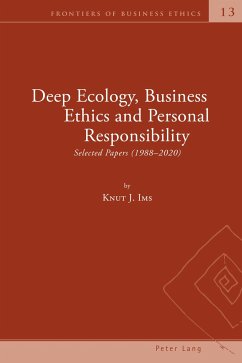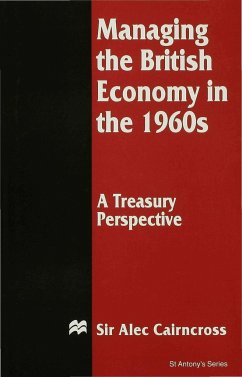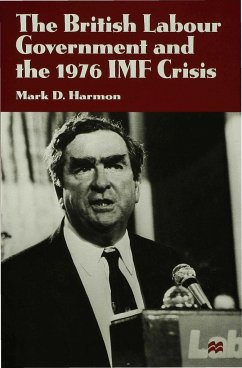
The Two Hundred Million Pound Strike
The 2003 British Airways Walkout
Herausgegeben: Phelan, Craig
Versandkostenfrei!
Versandfertig in 6-10 Tagen
58,80 €
inkl. MwSt.
Weitere Ausgaben:

PAYBACK Punkte
0 °P sammeln!
This book describes and analyses the 2003 British Airways (BA) Customer Service Agents' (CSA) 24-hour unofficial strike. It examines the lead up to the dispute, in which negotiations failed to reach an agreement over the launch of BA's Automatic Time Recording and Integrated Airport Resource Management systems, before focusing on the dispute itself and its eventual resolution.Central to the book is the question: why did a group of union members, the majority of whom were young women, become so incensed at an imposed change to their working practices that they took unofficial strike action? Thi...
This book describes and analyses the 2003 British Airways (BA) Customer Service Agents' (CSA) 24-hour unofficial strike. It examines the lead up to the dispute, in which negotiations failed to reach an agreement over the launch of BA's Automatic Time Recording and Integrated Airport Resource Management systems, before focusing on the dispute itself and its eventual resolution.
Central to the book is the question: why did a group of union members, the majority of whom were young women, become so incensed at an imposed change to their working practices that they took unofficial strike action? This they did in the knowledge that they could all have been legally dismissed.
In analysing the strike, the book explores why BA's management imposed such a controversial change to working practices on the company's busiest weekend of the year. A decision which, allegedly, cost the company two-hundred-million pounds, tarnished its reputation, and saw numerous senior managerslose their jobs.
How and why the CSAs' three trade unions (the GMB Union, the Transport and General Workers Union and Amicus) reacted in such different ways to the unofficial strike, and then behaved so differently in the subsequent negotiations, is also central to this study.
Central to the book is the question: why did a group of union members, the majority of whom were young women, become so incensed at an imposed change to their working practices that they took unofficial strike action? This they did in the knowledge that they could all have been legally dismissed.
In analysing the strike, the book explores why BA's management imposed such a controversial change to working practices on the company's busiest weekend of the year. A decision which, allegedly, cost the company two-hundred-million pounds, tarnished its reputation, and saw numerous senior managerslose their jobs.
How and why the CSAs' three trade unions (the GMB Union, the Transport and General Workers Union and Amicus) reacted in such different ways to the unofficial strike, and then behaved so differently in the subsequent negotiations, is also central to this study.













